
Emiliano Monge "The stories I keep inside don't shake me so much".
In his latest novel, 'No contar todo', the Mexican author tells the story of his mother, while taking a snapshot of his country, his family and himself
A couple of weeks ago I had the pleasure of attending the presentation in Barcelona of the latest novel by Emiliano Monge, a renowned Mexican writer with whom I had the good fortune to become friends when he was still living in the Catalan capital, "a city where I lived as many years as I have lived since I left and which I love very much", as he wrote on Twitter before landing here.
Emiliano now lives in Mexico City, where in addition to playing with the I don't know how many dogs he lives with and making sure they don't eat his food, he writes books non-stop. Four years ago he published 'No contar todo' (translated into English as What Goes Unsaid: a memoir of fathers who never were), a non-fiction novel that narrates the saga of the Monge family based on the incredible story of his grandfather, a man who faked his own death in an accident to collect compensation and disappear from the radar for a while. I remember that when Emiliano told me the story of his grandfather it seemed surreal, too beastly to be real (the grandfather ended up reappearing years later, leaving the family stunned, who thought he was dead), so I was not surprised that he ended up publishing a novel about him and his predecessors, his son and grandson (himself).
I also remember that Emiliano talked to me a lot about his mother, a charismatic woman, who laughed at him with affection when he told her what was happening to him in Barcelona, and with whom I guess he has a closer relationship than with his father. So I was not surprised that his mother ended up being the protagonist of his latest novel, 'Justo antes del final', published in September by Penguin Libros.
"This is the story of a woman who faced her time and her world, but it is also the story of this time and this world: the second half of the 20th century and the first decades of the century we are in", as they write from the publisher.
By filling the text with data and historical events since the birth of his mother (1948), Monge not only makes a portrait of the woman who gave him life, but also makes a mural of the "progress" of humanity until today (the arrival of the contraceptive pill, the diagnosis of the Asperger spectrum, the Kyoto protocol...), making me think a little of some books by Stefan Zweig, an author who, by the way, I started reading at Emiliano's insistence.
RELATED CONTENT
What changes on a personal level or as a writer did you experience when writing two such autobiographical books? Did you feel some new emotion with respect to your parents, some kind of inner catharsis? Do you understand them better now? Have the books helped you to "forgive" them some decision of the past?
To my surprise, Emiliano answered me that he is very clear that his job is to write literature based on the stories that inspire him - "some come from inside and others from outside"- and that one of his basic requirements before starting to write is to identify very well the voice of the narrator, so that there is no interference with his own self.
"Curiously," he explained, "it's the stories that came to me from outside, the stories that I had to process inside to turn them into literature - like the ones that inspired him to write 'Las Tierras Arrasadas', a novel about a group of immigrants who are attacked at night by a gang of kidnappers, or 'El cielo árido' (available in English: The Arid Sky), a portrait of violence in rural Mexico -, "were the ones that moved me the most inside." On the other hand, the stories that he had "kept inside here for a long time" - he said, pointing to his chest - "and that I had to bring out in book form, like the stories of my grandfather and my mother, didn't shake my conscience so much".

Born in Mexico City (1978), Emiliano Monge studied Political Science at the National Autonomous University of Mexico, where he worked as a professor for several years. His most recent novels are 'El cielo árido' (2012, winner of the Jaén Prize and the Otras Voces, Otros Ámbitos Prize), Las tierras arrasadas (2015, winner of the Elena Poniatowska Latin American Novel Prize and the English Pen Award), No contar todo (2018, winner of the Colima Bellas Artes Prize for Published Work) and Tejer la oscuridad (2020) were published by Penguin Random House, as was his second book of short stories, La superficie más honda (2017). He is a contributor to various print media and a columnist for the newspaper El País. His books have been translated into English, French, Italian, Dutch, Portuguese, Turkish and Greek.



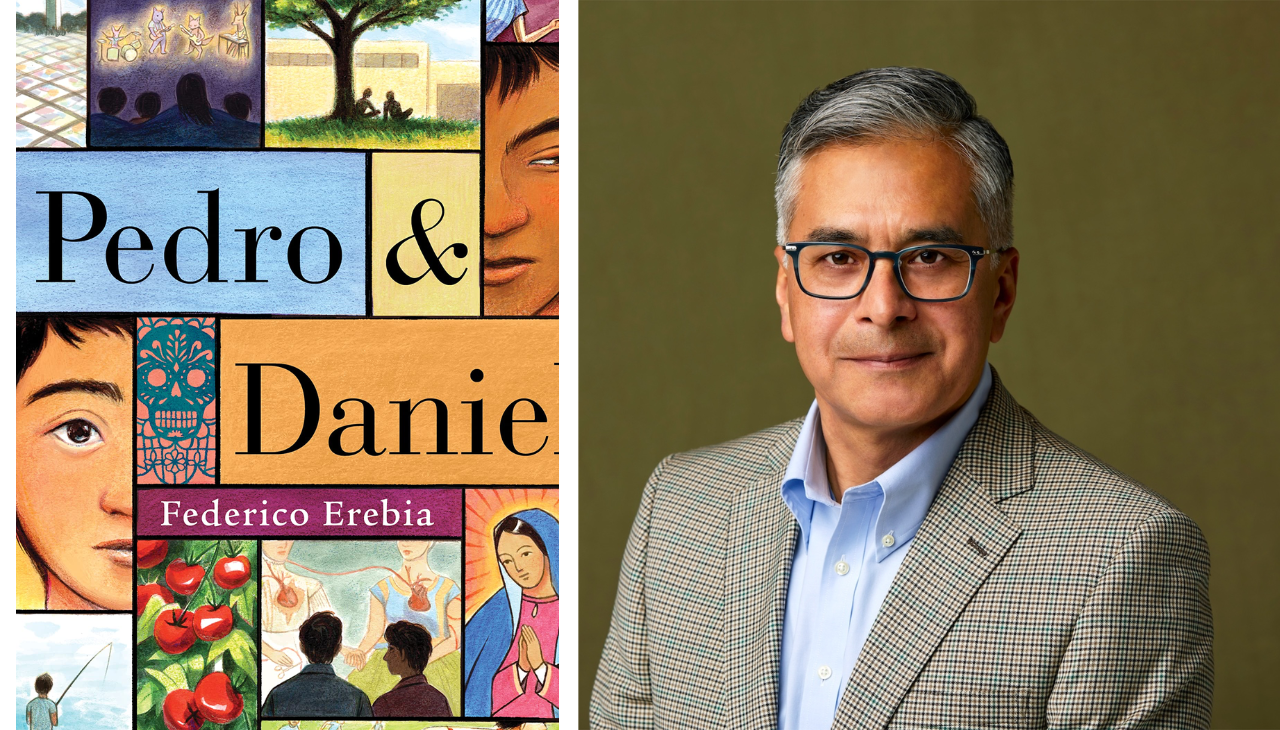
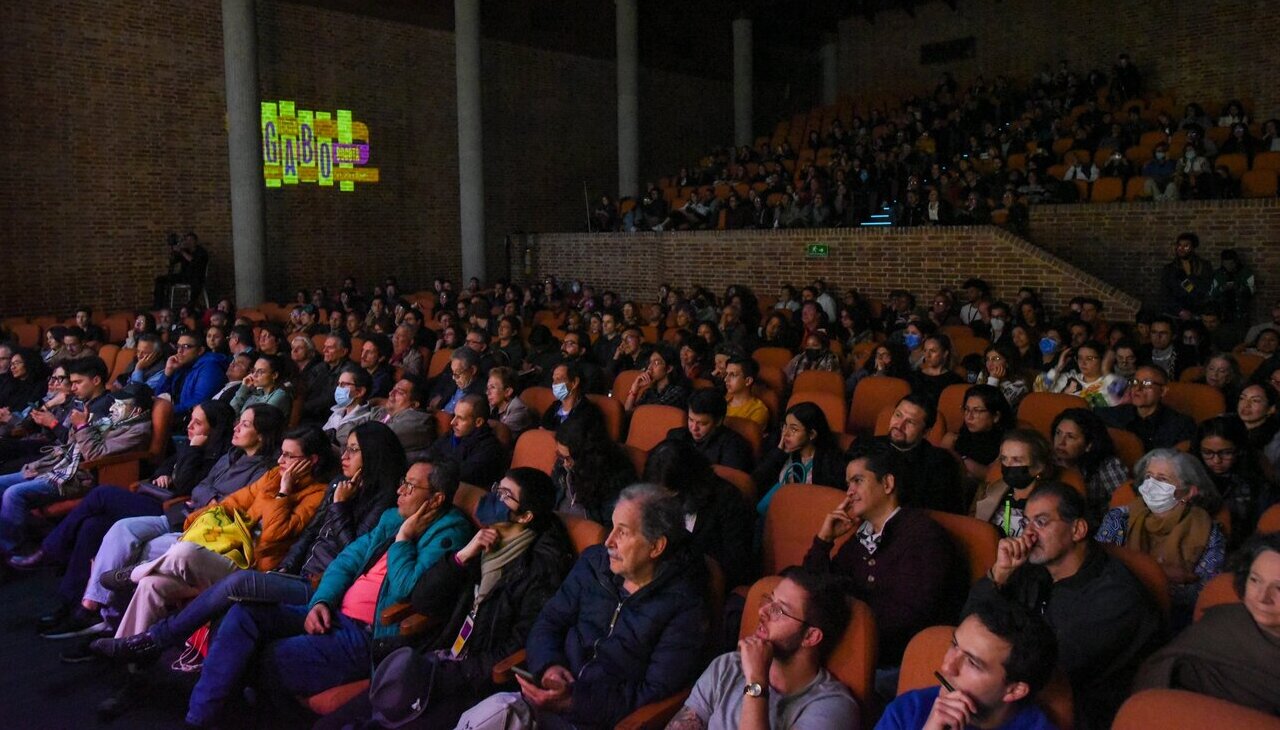
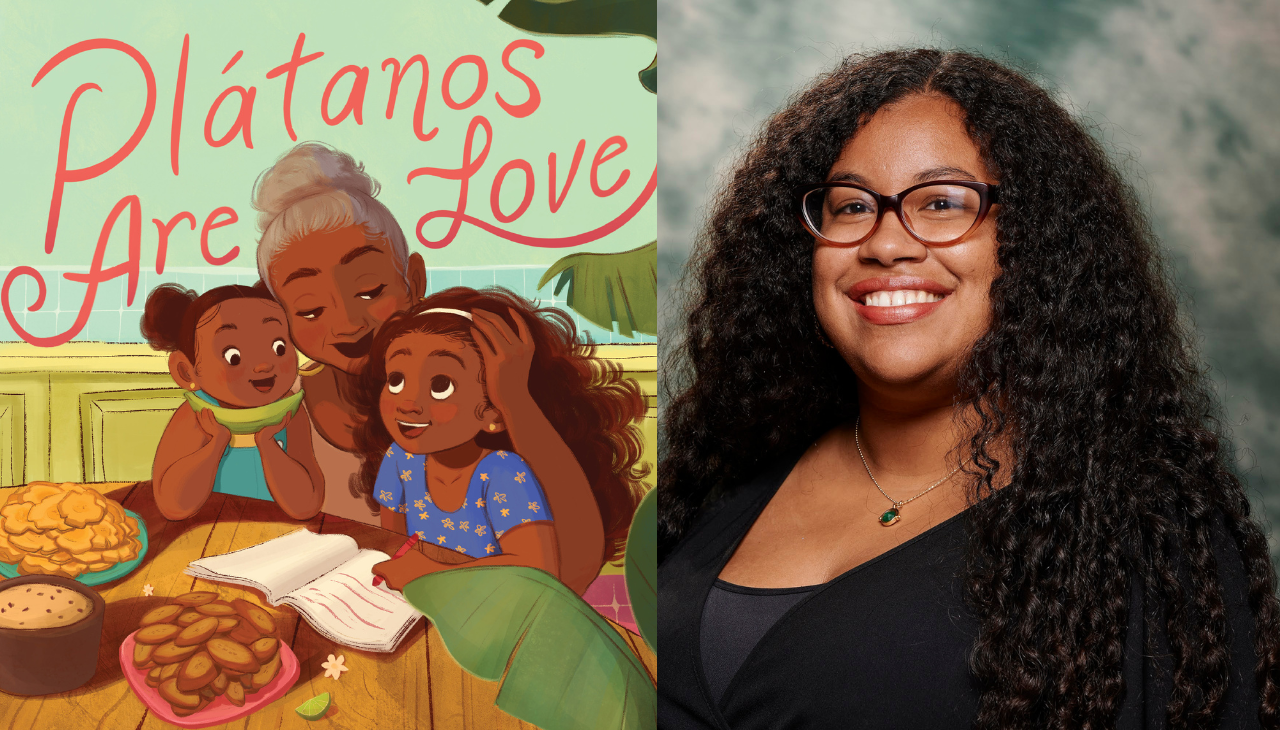

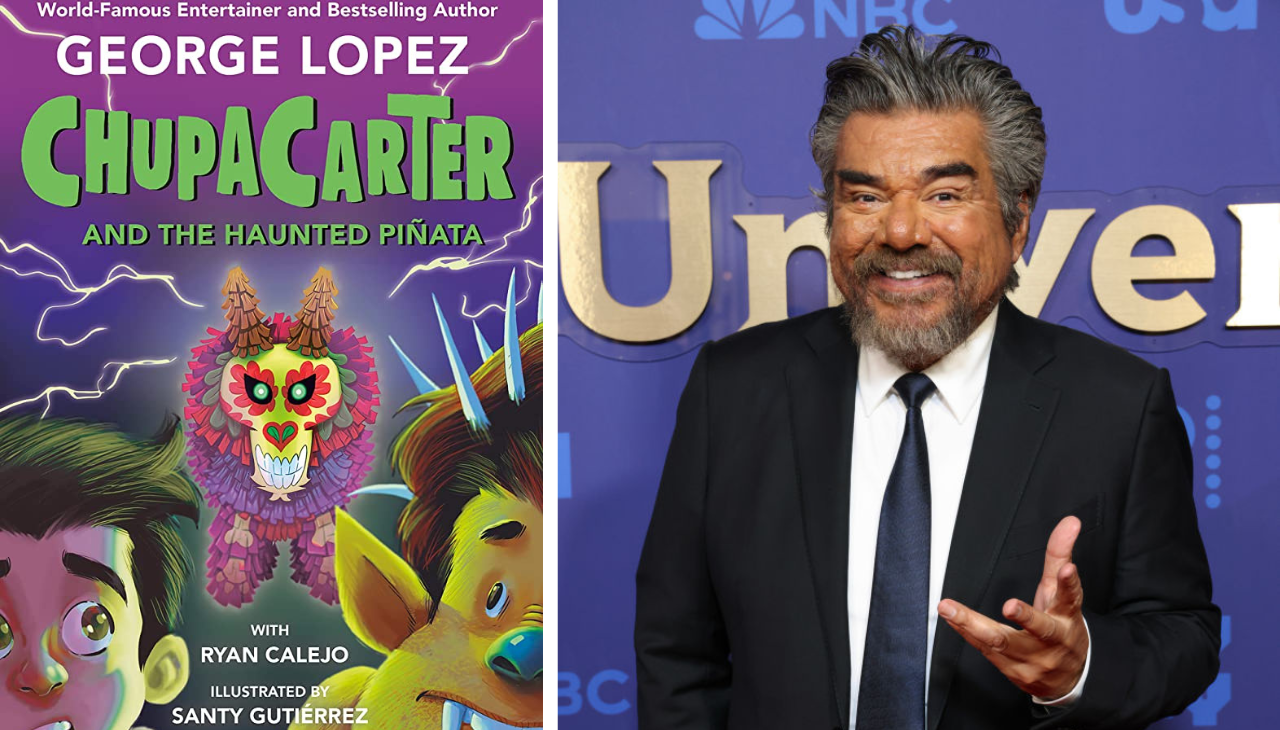
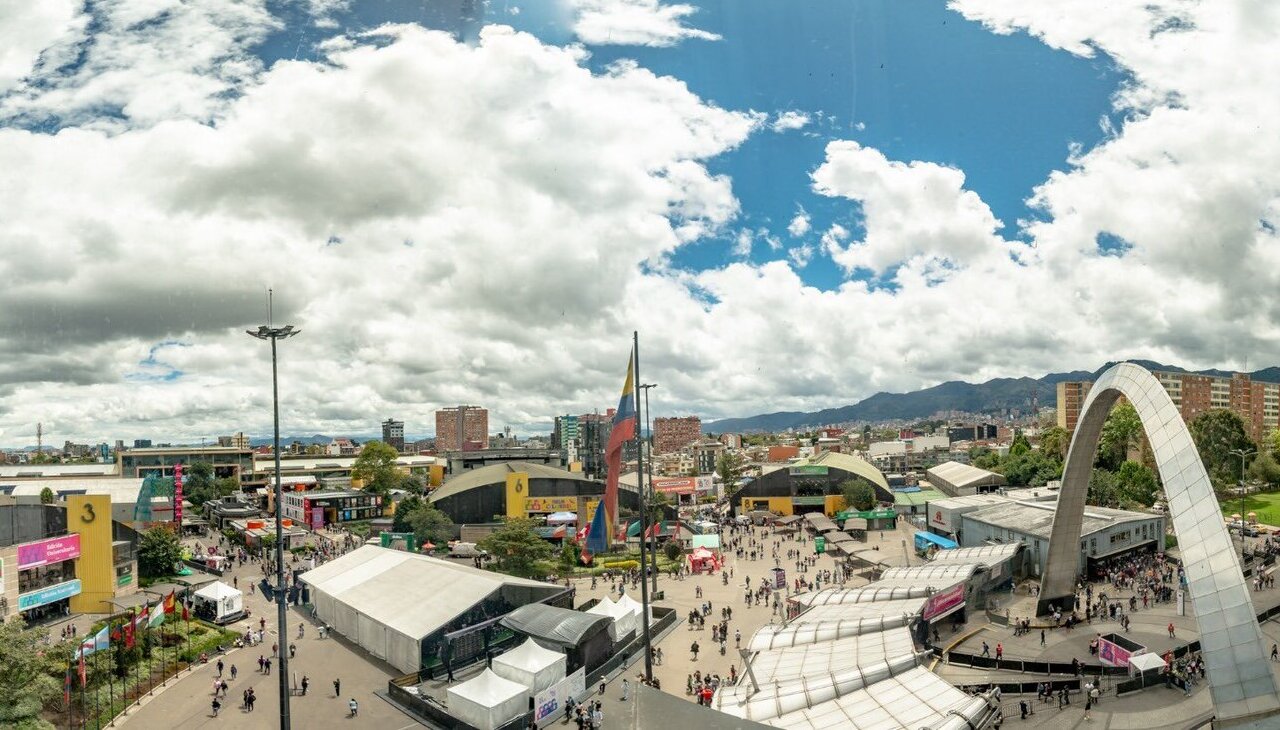


LEAVE A COMMENT:
Join the discussion! Leave a comment.